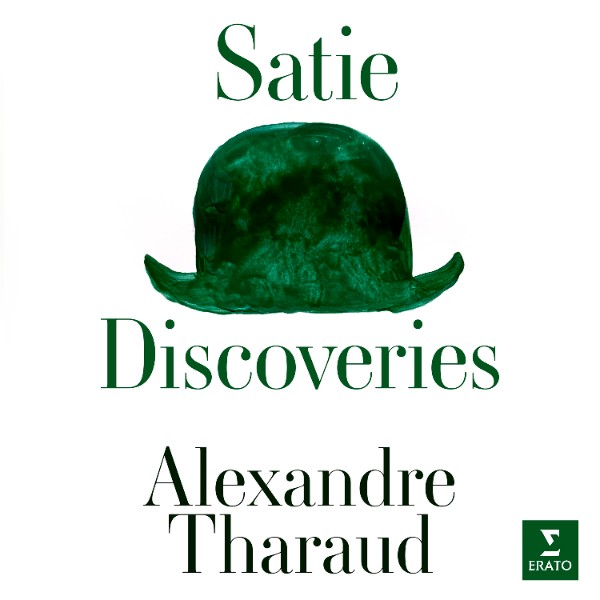A meditation on mythology, transformation, and sound, L’après-midi d’une nymphe weaves music, poetry, and spoken word into a program that feels at once timeless and vividly contemporary. At its core are flute-centered works by Debussy, Mouquet, and Jolivet, framed by original poems from Anna T. Szabó and spoken-word interludes that explore the enduring resonance of Pan and the nymphs across time.
![]()
The journey begins with The Song of the Wood Nymphs, drawing the listener into a richly textured interplay of sound and language. It opens with an elegant excerpt from Leonardo De Lorenzo’s Suite Mythologique, a piece that already blurs the boundary between narrative and impression. This seamlessly leads into Szabó’s original poem, delivered with vibrant restraint by British actor Kate Fleetwood. Flautist Noemi Győri—whose expressive clarity and tonal finesse shape the entire program—plays with a luminous sound that is both supple and focused. Her phrasing moves effortlessly between fluidity and precision, attuned to the emotional contours of the verse.
In Debussy’s Syrinx, Győri captures the mysterious, yet magical, with exceptional nuance. Her phrasing is subtle and conversational, using rubato not just for expressive flourish but to evoke breath, hesitation, and seduction. The piece becomes like an interior monologue, its elusive melancholy stretched out through Győri’s natural pacing and flexible breath control.
The sequence that follows is equally attentive. English poet Elizabeth Barrett Browning’s A Musical Instrument, heard in Fleetwood’s crisp delivery, interrogates the violence of artistic creation. The poem’s image of Pan dismantling the reed for his flute becomes a central metaphor—not only for the interplay of myth and art, but for the paradox of destruction giving rise to beauty. This reading resonates more when set against Jules Mouquet’s La Flûte de Pan, a piece that revels in charm and grace but, when framed by this poem, begins to reflect deeper tensions between wildness and refinement, instinct and structure.
Győri and pianist Zoltán Fejérvári perform La Flûte de Pan with lyrical insight and rhythmic elegance. All three movements demonstrate their musical and seamless collaboration. Fejérvári’s playing is particularly noteworthy for its delicacy and textural transparency. He never overwhelms the flute’s narrative voice but instead brings a soft, almost watercolour-like shading to the piano writing. In Pan et les oiseaux, the two artists create a sense of airborne grace, evoking the fluttering unpredictability of birdsong without resorting to caricature. Their interpretive choices suggest an intuitive mutual understanding.
Intertwined between the musical selections, Szabó’s poetry acts as a kind of internal commentary—an evolving dialogue that both reflects and reframes the mythic figures at the program’s heart. Her poems do not simply illustrate; they challenge, complicate, and sometimes gently mock the archetypes they portray. This layering of voice and meaning adds emotional depth and intellectual tension to the concert experience. Fleetwood’s delivery, sensitive to both nuance and rhythm, allows the texts to resonate without becoming declamatory. The listener is invited not only to hear but to inhabit the spaces between words and notes.
The album concludes with André Jolivet’s Chant de Linos, a piece of remarkable complexity and emotional depth. Rooted in ancient funeral rites and improvisatory traditions, the piece explores themes of grief, rage, and transcendence. Győri meets its technical and expressive demands with authority, shaping its ritualistic urgency into a coherent arc. Her playing is powerful yet restrained, allowing the darker tonalities and rhythmic intricacies to emerge with clarity. Fejérvári supports her with grounded strength, ensuring the music’s dramatic intensity never overtakes its formal cohesion.
L’après-midi d’une nymphe offers a porous, immersive experience—an invitation into a mythic landscape where sound, language, and symbol intermingle. Győri, Fleetwood, and Fejérvári bring rare cohesion to this interdisciplinary performance, marked by attentiveness to material, to each other, and the ancient energies reimagined in contemporary form.
L’après-midi d’une nymphe
Noemi Győri, flute
Zoltán Fejérvári, piano
Kate Fleetwood, narration
Rubicon Classics DRC1134
Release Date: April 2025
For more of the best in classical music, sign up for our E-Newsletter

